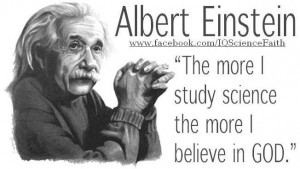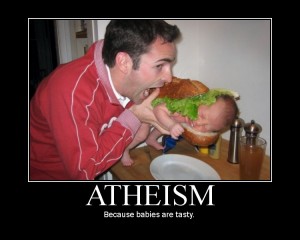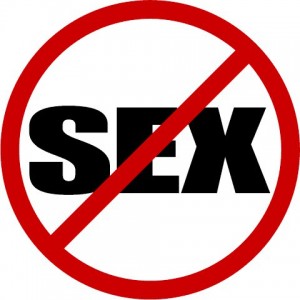 I spent way too much time last evening in a running Facebook thread that started with a question of how Muslims could use their religion to justify hatred of others.
I spent way too much time last evening in a running Facebook thread that started with a question of how Muslims could use their religion to justify hatred of others.
While not the originator of the question, one commenter was particularly adamant about his views.
“The false god Muslims worship is a demon. Their god is a god of hate and destruction and death. Their god calls for the death of America.”
He went on to offer other gems within the thread, including:
-
“Pluralism is a plague in America.”
-
“…college campuses across the country are home to professors and students who hate America.”
-
“Obama is wicked… His abortion support. his same-sex “marriage ” support. His abuse of his authority by changing laws after their enactment. His war on Christianity in the military. etc etc.”
-
“I am not a Muslim hater. I am an Islam hater.”
-
“Islam is a pathological religion that turns people into monsters.”
-
“If one does an honest study they will realize the truth claims of Jesus are in fact the truth and the truth claims of others are lies.”
Here was a man with a self-avowed abiding faith in Jesus—a man who viewed himself as a good Christian… and yet a man who was filled with hate. Moreover, his hatred was somehow rooted in his faith—a faith he himself characterized as one of peace and harmony.
“An honest study leads to the conclusion that violence done in the name of Christianity is contrary to its tenets.”
On the one hand, I shudder at the level of cognitive dissonance required to use the message of Jesus to justify this much animosity. And rationalizing that hatred as being focused on the religion and the culture but not the people is a sophistry. “I don’t hate you, just everything you believe in and stand for,” was not quite the point of the Good News. Not to mention the mental gymnastics required to use this sort of argument to defend an abhorrence to college professors, students, liberals, and Obama who largely share Christian culture and religion.
Yet I think the best part is the delicious irony that this screed was motivated by this person’s horror that a group of Muslims could use their faith to motivate hatred. Yes Virginia, religions have been used since the dawn of time to justify the behaviors of groups and individuals. They are a lens that focuses and magnifies the culture and values of the people who practice them. Religions are not inherently good or evil, but the people involved in them or leading them may be. And the cold reality is that Christianity gets no magic pass here.
Your love or your hatred of your fellow man may be motivated by your faith, but you still have to own the result. In the end, you are responsible for your actions—good, bad, or indifferent. Only a coward hides behind their religion as an excuse.




